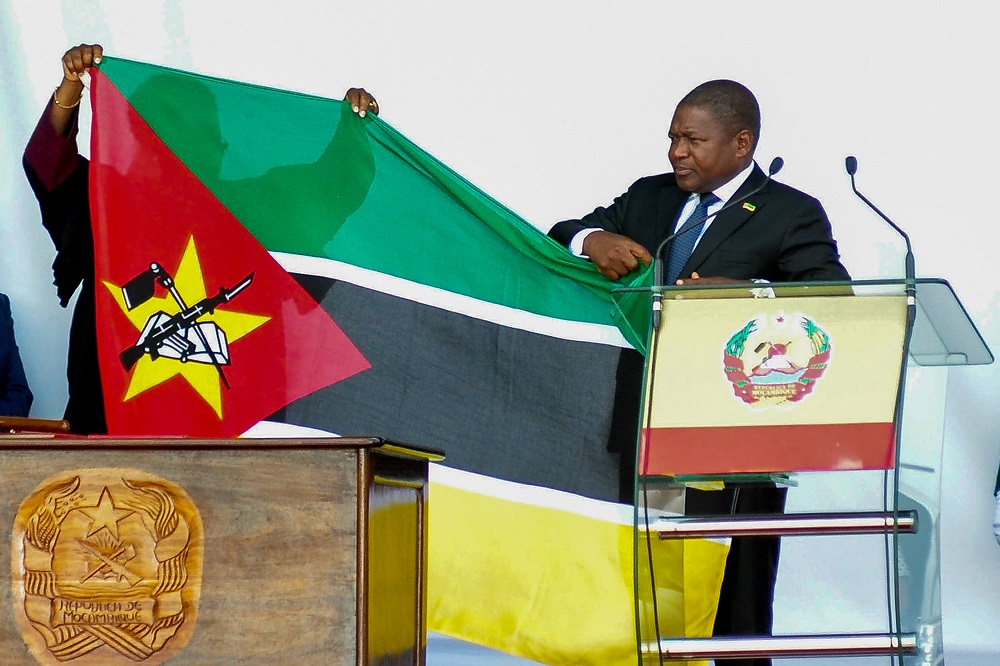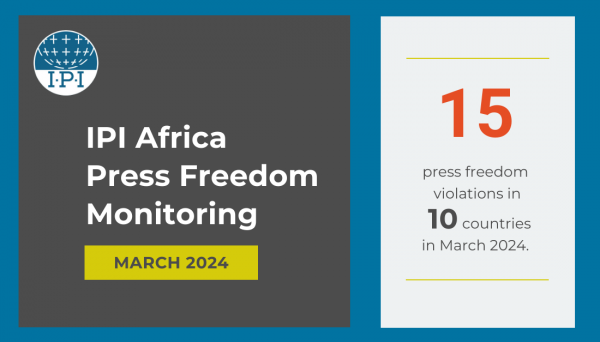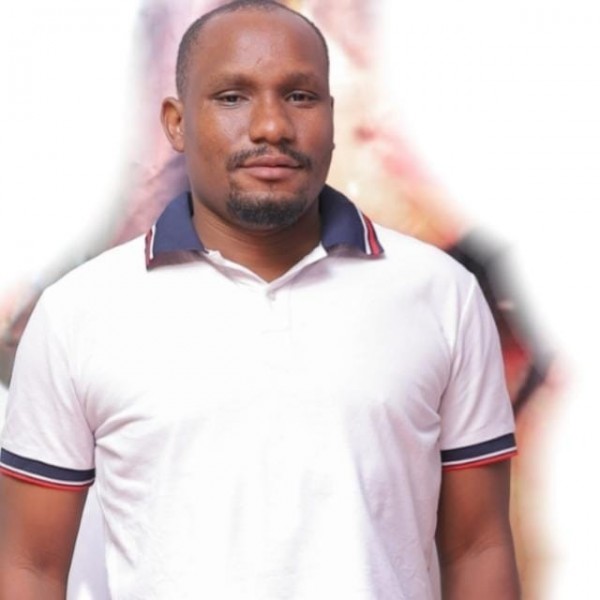Independent journalism in Mozambique is facing considerable legal, political, and economic pressures as the country’s hard-fought democratic gains of the past three decades come under increasing strain.
This pressure on journalism was among the top-line findings of a four-day mission to Mozambique conducted by the International Press Institute (IPI) in August 2022. During this mission, a high-level IPI delegation led by IPI Executive Board Chair Khadija Patel met with a range of stakeholders, including government, media, journalists, diplomats, and civil society, to assess the challenges faced by the media and to support independent journalism in the country.
The purpose of this mission was to learn more about the country’s media environment and the challenges that journalists in Mozambique face in being able to do their work freely, independently, and safely. During our visit, the IPI delegation engaged in a substantive dialogue with a range of stakeholders that included journalists, civil society, government, political parties, and members of the diplomatic community.
At the conclusion of these meetings, IPI remains concerned about the steady erosion of the already fragile environment for press freedom and the shrinking space for independent journalism in the country. We echo concerns voiced by numerous civil society groups and journalists about the decline in press freedom and the worsening climate for independent journalism since President Nyusi took office in 2015. In our assessment, swift action is needed in order to bolster protections for press freedom and to reinforce support for key democratic institutions in Mozambique.
A key concern is the uncertain and unclear legal and regulatory environment under which the country’s media operate. Despite legal guarantees for press freedom, implementation of these guarantees is weak and the press in Mozambique is instead subject to strong informal government controls and political interference. Access to information is limited and independent reporting on a range of important issues of public interest, including on topics related to corruption and the conflict in Cabo Delgado in the northern part of the country, is restricted.
As this report goes to publication, the draft media laws are currently on the agenda for consideration by lawmakers in this parliamentary session. We reiterate our call on the government to fully address feedback from domestic and international stakeholders — including the recommendations contained in this report — in order to ensure the legislation aligns with domestic and international press freedom commitments and principles. Of paramount importance is the need to ensure there are strong legal safeguards for ensuring the independence of media regulation in Mozambique.
We are also deeply concerned by the escalation of physical attacks and verbal harassment and threats against journalists, together with a pattern of impunity for these crimes. This includes the disappearance of journalist Ibrahim Mbaruco in Cabo Delgado in April 2020, as well as recent attacks on journalists and media outlets in other parts of the country, including in Maputo. These concerns are especially salient as Mozambique heads into a general election in October 2023, which journalists must be free to cover without fear of threats, retaliation, or physical harm.



